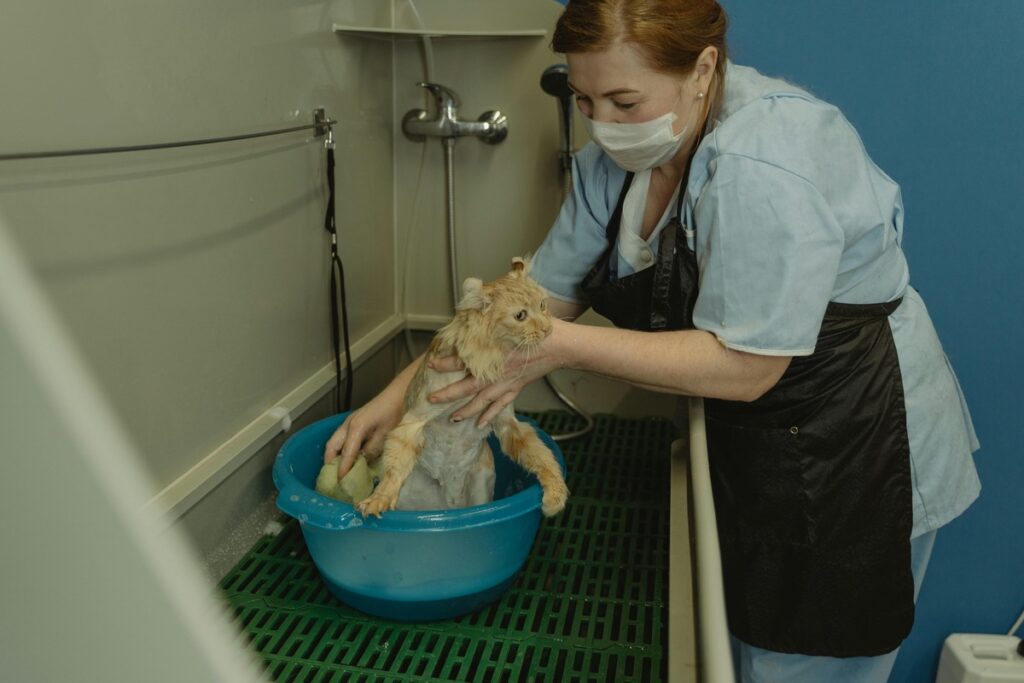9 Mistakes To Avoid If You Own A Cat
Welcoming a new feline companion into your home is a significant commitment. While cats are often celebrated for their independence compared to dogs, they still demand plenty of time, effort, and financial investment. Before you give in to the irresistible charm of a kitten at your local pet store, take a moment to prepare. Here are essential tips every prospective cat owner should know to sidestep the common pitfalls that many first-time cat parents encounter.
1: Do Your Research

Adopting a cat isn’t like buying a new pair of jeans—there’s no easy return if things don’t work out. Before bringing a feline friend home, take the time to explore your options and make an informed choice. Learn about different breeds, their behaviors, and care needs. Visit shelters, ask plenty of questions, and get to know the unique personality and history of any cat you’re considering.
2: Understand the Commitment

Adding a cat to your family is a long-term responsibility, much like raising a child. Beyond the financial costs—food, vet care, and potential health issues—your lifestyle must align with the needs of a pet. Many shelters screen adopters to ensure they’re ready for the responsibility. Pet insurance can help manage costs, but commitment and preparation are key.
3: Spay or Neuter Your Cat

Preventing cat overpopulation starts with you. Spaying or neutering your pet not only avoids unwanted litters but also curbs problematic behaviors like yowling and aggression. It also reduces the risk of health issues such as infections and tumors, ensuring your cat stays happy and healthy.
4: Avoid Declawing

Declawing isn’t just trimming nails; it’s an invasive surgery that involves amputating the ends of a cat’s toes. While still offered by some vets, the procedure is increasingly viewed as inhumane and is banned in many places. Consider non-surgical alternatives and consult your vet to make an informed decision.
5: Build a Relationship With Your Vet

Cats need regular veterinary care, even if they’re indoor-only. Essential vaccines and annual checkups help catch potential issues early. Research local vets, ask questions, and find one you trust to ensure your cat stays in good health throughout its life.
6: Maintain the Litter Box

A clean litter box is crucial for a happy cat. Regularly scoop, scrub, and replace litter to keep your feline content. Changes in litter box habits can signal health problems, so stay vigilant and consult a vet if issues arise.
7: Choose Quality Food

Not all cat food is created equal. Opt for options rich in meat protein and free from unnecessary fillers like corn. While higher-quality food may cost more upfront, it can lead to fewer health issues—and vet visits—in the long run. Consult your vet for recommendations tailored to your cat’s needs.
8: Keep Tabs on Your Cat

Whether your cat stays indoors or ventures outside, safety is paramount. Free-roaming cats face threats from traffic, predators, and environmental hazards. They also pose a significant risk to wildlife, particularly birds. If you allow outdoor time, supervise it carefully or consider a secure enclosure.
9: Learn Feline Behavior

Cats aren’t dogs—they have their own quirks and instincts. Don’t expect instant affection; instead, let your cat warm up on its terms. Understanding their natural behaviors, like climbing or observing from a distance, will help you build a stronger bond. Patience and respect go a long way toward creating a loving relationship.
Bringing a cat into your home is a rewarding experience, but it comes with responsibilities that shouldn’t be taken lightly. By understanding their needs, respecting their unique personalities, and providing proper care, you can ensure a long, happy, and fulfilling life for your feline companion. With preparation, patience, and love, your new cat will not just be a pet but a cherished member of your family.







